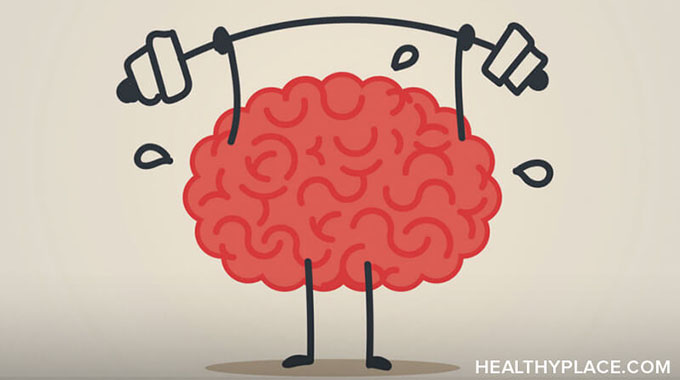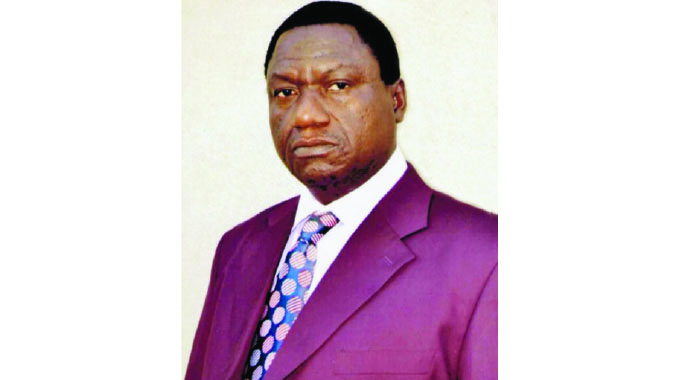Impact of rejection on mental well-being

Dr Chido Rwafa-Madzvamutse Mental Health
As discussed in previous articles, mental health is defined as a state of well-being in which an individual realises his or her own potential, can cope with the normal stresses of life, can work productively and fruitfully, and is able to make a meaningful contribution to their community.
Social acceptance and inclusion is an important part of health and well-being.
When we are rejected by those we love and care about or by people we admire and look up to, this can cause emotional pain and distress that can affect our mental well-being.
What is rejection?
When we are seeking connection with someone and they turn us down or spurn us, we can feel rejected.
When we put ourselves forward for a work position or a promotion or we put in a proposal for consideration and we are turned down, this will cause us to feel rejected.
Rejection can result from:
- Parental rejection: this can occur when a child was unplanned and even in the womb, an unborn child can be affected by being unwanted. Rejection can also result from a biological father who refuses to acknowledge paternity of a child or when parents leave a child to be raised by other caregivers. This can lead to a lifetime of challenges with feelings of being unwanted and rejected in the child born into that situation.
- Rejection in the family: families are a key part of our social support network and we often find acceptance and acknowledgement in families. However, family relationships can be difficult and relationship challenges can lead to exclusion and rejection by the family. This can cause painful feelings of rejection.
- Rejection by a spouse or partner: intimate relationships are also a key source of emotional support. When a spouse or partner becomes unloving, uncaring and unaffectionate, this can lead to painful feelings of rejection. Cheating and infidelity are also a major cause of feelings of rejection.
- Rejection of a job application or a business proposal: It takes courage to put oneself forward for an employment position and go through an interview process, we often get our hopes up and if our application is turned down, this can be a devastating rejection.
How does rejection affect our mental health?
Rejection can result in:
- Stress and anxiety: rejection can cause us to become stressed and anxious. It may lead to feelings of uncertainty about the future
- Self-doubt: being rejected by someone can make us question if we are “good enough” and our capabilities
- Low self-esteem and self-worth: repeated rejection can breakdown our self-confidence, self-esteem and sense of self-worth. If we aren’t careful we may interpret the rejection as meaning that we are of no value or consequence in this world
- Self-isolation: if we feel unwanted and unloved , we may then withdraw from social situations and isolate ourselves
- Sadness and depression: repeated rejection can eventually lead to feelings of sadness, apathy, de-motivation, helplessness and hopelessness
- Anger: for some, rejection can raise feelings of anger and aggression.
- Self-medication with alcohol and substances: rejection is painful and some may turn to alcohol and other substances to try and deal with the pain. This is unfortunately a maladaptive coping mechanism that may do more harm than good.
How to deal with rejection?
- Acknowledge the emotion of rejection and the pain it is causing to you. Do not bottle up difficult emotions, find healthy ways to express them and seek professional help if needed.
- Learn to love and accept yourself: we often teach people how to treat us. If we do not know or acknowledge our value we will find ourselves over-compromising and continuously seeking acceptance from people who keep rejecting us.
- Fight against approval addiction: rejection sometimes creates an insatiable desire to be accepted and approved of by others. Sadly, in life, not everyone will like you or accept you. We cannot control the thoughts, attitudes and behaviours that others have towards us, but we can certainly control our response to that behaviour.
If you think that you or someone that you know may be struggling with a mental health problem from being rejected, please contact your nearest health service provider and get help.
l Dr Chido Rwafa is a Consultant Psychiatrist. She wrote this article on behalf of the Association of Healthcare Funders of Zimbabwe (AHFoZ). For Feedback: Dr. Chido Rwafa-Madzvamutse +263714987729 (AHFoZ www.ahfoz.org ; [email protected])










Comments